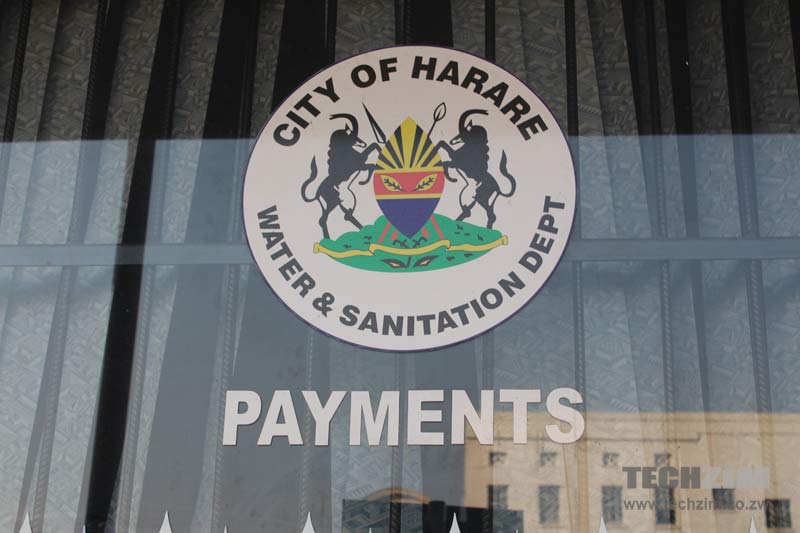Harare City Council has been struggling to provide services such as water and refuse collection. This is mainly down to the local authority being owed more than ZWL$2 billion by residents, businesses and the government. As of October 2020, the council is owed:
- ZWL$381 706 430 – high-density suburbs
- ZWL$552 559 645 – low-density areas
- ZWL$1 255 828 875 – industrial and commercial operations
- ZWL$63 643 496 – government
The figure for the govt seems awfully low to me. I was expecting the govt’s debt to be the highest or close to.
Harare City Council is now considering blacklisting defaulters as part of its debt recovery measures. This new step is also coupled with recouping debt through ZESA token purchases that we reported on last week.
“On blacklisting delinquent customers, engagements with a Financial Clearing Bureau are on course and this will bring immediate results through access to debtors’ database hence there is need to expedite this process.”
Cllr Tichaona Mhetu, Chairperson of the Finance Committee (2021 Budget Speech and Proposals)
The council needs to look internally before taking sweeping measures
This is something that we touched on in the article about the council’s proposal to recoup debts through ZESA token purchases. The point that was raised the acting director of Chitungwiza and Manyame Residents Association Brighton Kanyama still stands. The council should not be billing residents and businesses for services they haven’t delivered.
He brought the example that some residents are still being billed for water when they been buying water for going on to years now. Harare City Council will have to assess its books and match their accounting with the service delivery that residents have been experiencing.
Another issue, that was raised by members of the Techzim community, is to do with landlords or property owners. If they had a tenant who didn’t pay their bills, would they as the property owner be saddled with that debt and get blacklisted?
It doesn’t look to me like there can be a “one size fits all” approach.


What’s your take? Cancel reply